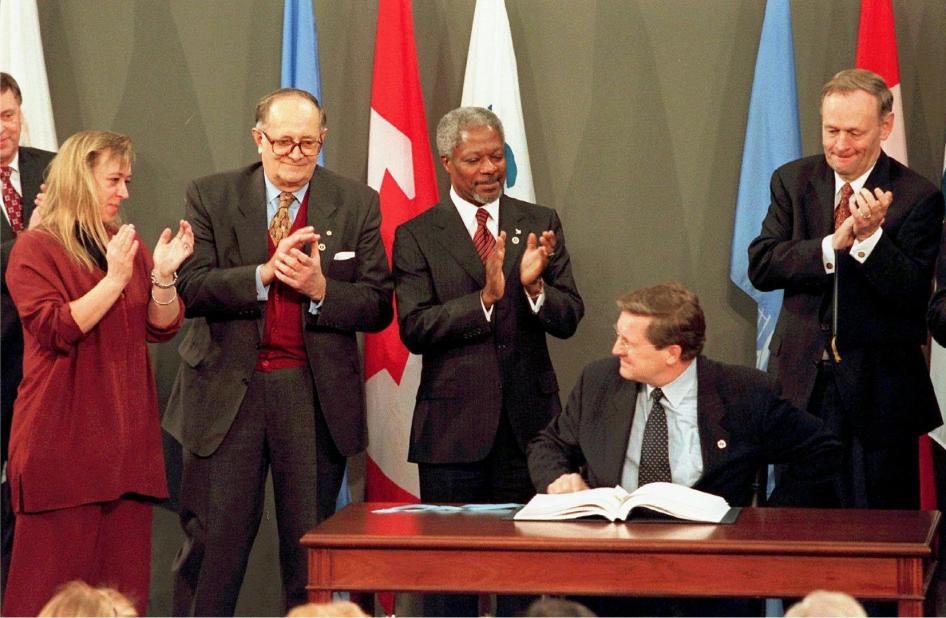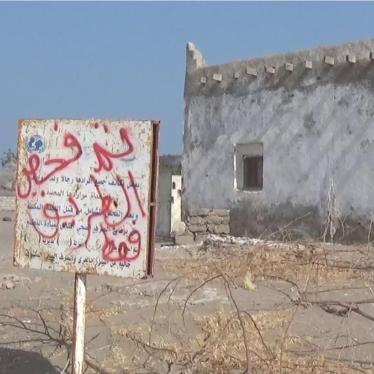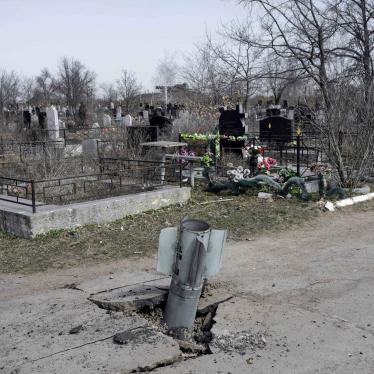Today the Fourth Review Conference of the international Mine Ban Treaty opens in Oslo, Norway. A total of 164 states have joined the treaty, committing to cease production, use, and transfer of antipersonnel mines, to destroy their stockpiles, clear mine-affected areas, and assist mine survivors.
It is worth celebrating the significant steps states have taken over the past 20 years to alleviate the suffering caused by antipersonnel mines through this treaty. Since the Mine Ban Treaty entered into force on March 1, 1999, 27 additional countries have joined, including many that possessed large stockpiles of or were significantly contaminated by landmines. New use of antipersonnel mines has decreased dramatically due to stigma created by the ban treaty. In 2018, only Myanmar, which has not joined the treaty, used antipersonnel mines. More than 50 states previously produced antipersonnel mines, but 41 have ceased production, including the United States and three others that have not joined the treaty. Governments have collectively destroyed more than 55 million stockpiled antipersonnel mines. A total of 31 countries once affected by antipersonnel mines have been declared mine-free. In 2018, funding for mine action totaled approximately $699.5 million, the second-highest yearly total to date.
However, considerable challenges remain. Thirty-three states have yet to join the Mine Ban Treaty, including China, Russia, and the US. In 2018, non-state armed groups used antipersonnel landmines, often improvised versions, in six countries. According to the annual Landmine Monitor report by the International Campaign to Ban Landmines, over 6,800 people were killed or injured by landmines or explosive remnants of war in 2018. Where the age of victims was recorded, more than half of the casualties were children. Around the world, 55 countries are still mine-affected.
States still outside the treaty should take steps to join. They should participate in the Review Conference and other meetings of the treaty, submit voluntary transparency reports, and vote in favor of the annual United Nations General Assembly resolution promoting universalization and implementation of the treaty.
As a co-founder of the International Campaign to Ban Landmines, the 1997 Nobel Peace Laureate along with Jody Williams, Human Rights Watch challenges all states to step up their efforts to achieve a landmine-free world under the auspices of the Mine Ban Treaty.









